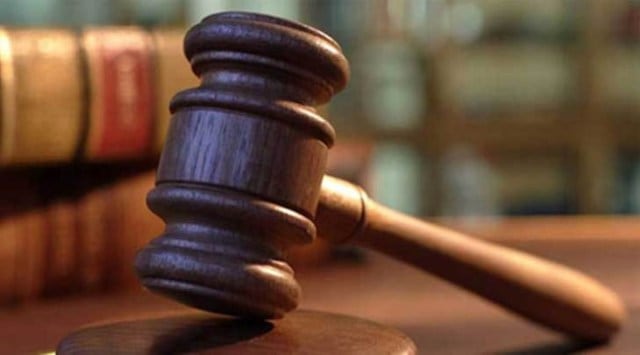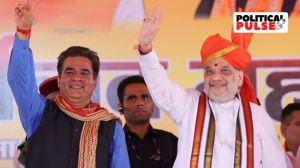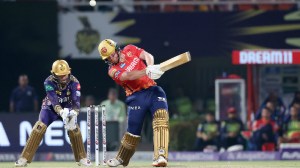- India
- International
Delhi HC backs Uniform Civil Code, says ‘traditional barriers of religion are slowly dissipating’
The court also directed that its judgment be communicated to the Secretary of Ministry of Law & Justice “for necessary action as deemed appropriate”.
 The court said that the modern Indian society was “gradually becoming homogenous” and “the traditional barriers of religion, community and caste are slowly dissipating.”
The court said that the modern Indian society was “gradually becoming homogenous” and “the traditional barriers of religion, community and caste are slowly dissipating.”Stressing on the need for a Uniform Civil Code (UCC), the Delhi High Court Friday said that youth belonging to various communities, tribes, castes or religions who solemnise their marriages “ought not be forced to struggle with issues” arising due to conflicts in various personal laws, especially in relation to marriage and divorce.
The court said that the modern Indian society was “gradually becoming homogenous” and “the traditional barriers of religion, community and caste are slowly dissipating.”
“The hope expressed in Article 44 of the Constitution that the state shall secure for its citizens Uniform Civil Code ought not to remain a mere hope. The Supreme Court had, in 1985 directed that the judgment in Ms. Jordon Diengdeh be placed before the Ministry of Law to take appropriate steps. However, more than three decades have passed since then and it is unclear as to what steps have been taken in this regard till date,” said Justice Prathiba M. Singh in a judgment.
The court made the observations in a petition questioning the applicability of the Hindu Marriage Act, 1955 in respect to a couple belonging to the Meena community. Even though it was admitted by the parties that the marriage was solemnised as per Hindu rites, the wife in response to the divorce petition filed by her husband had argued that the Act does not apply to them as they are members of a notified Scheduled Tribe in Rajasthan and thus they are covered by the exclusion under Section 2(2) of the Act.
The trial court agreed with the woman’s submission and summarily dismissed the petition filed by her husband for divorce. However, Justice Singh in the ruling said that the marriage was conducted as per Hindu rites and the provision of exclusion is meant only to protect the customary practices of recognised tribes.

“If members of a tribe voluntarily choose to follow Hindu customs, traditions, and rites, they cannot be kept out of the purview of the provisions of the HMA, 1955. Codified statutes and laws provide for various protections to parties against any unregulated practices from being adopted. In this day and age, relegating parties to customary courts when they themselves admit that they are following Hindu customs and traditions would be antithetical to the purpose behind enacting a statute like the HMA, 1955,” the court added while allowing the appeal filed by the husband and asking the trial court to proceed in accordance with Hindu Marriage Act in the case and decide within six months.
While parting with the decision, Justice Singh said that the courts have been repeatedly confronted with the conflicts that arise in personal laws. Persons belonging to various communities, castes, and religions – who forge marital bonds –struggle with such conflicts, it added.
Observing that the need for a UCC has been reiterated from time to time by the apex court, the court said the cases like the present one repeatedly highlight the need “for such a Code which would be common to all”.
The court also said that a common code would enable uniform principles being applied “in respect of aspects such as marriage, divorce, succession etc., so that settled principles, safeguards and procedures can be laid down and citizens are not made to struggle due to the conflicts and contradictions in various personal laws.”
It also directed that its judgment be communicated to the Secretary of Ministry of Law & Justice “for necessary action as deemed appropriate”.
Apr 26: Latest News
- 01
- 02
- 03
- 04
- 05







































